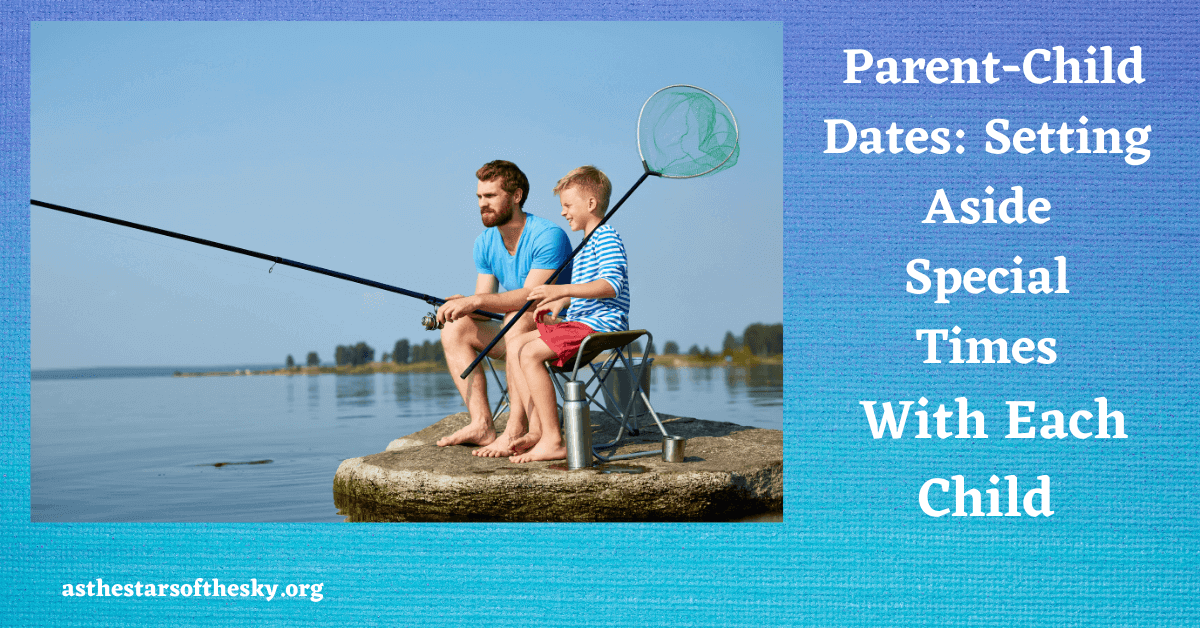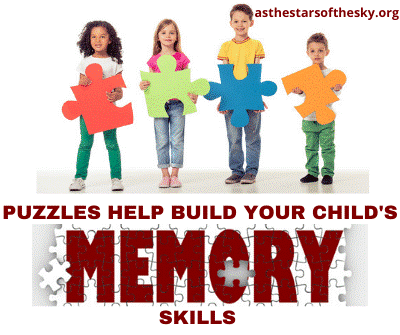I have written before about parents setting aside regular time for each other by having a date night and for parents to set aside time for spending with their children doing various family activities, such as a movie night. In today’s blog post, I would like to write about the importance of parent-child dates which involve special activities with just one child.
Why have special parent-child dates? These are times set aside to connect with your child, one-on-one. Each child deserves time alone with a parent. Select days on which there is no conflict in your or your child’s schedule. Give your child your direct, undistracted attention: talk with your child; find out what is on your child’s mind; discuss what are your child’s challenges. One writer described these dates as times to “engage in the individual hearts of our kids”. These are times that you can make an impact on their lives by listening and guiding them. Soon, they will be looking forward to them. And, remember that you are building precious memories for them that they will always cherish.
Although it is described as a “date”, that does not mean that it has to be done at night. There are so many ideas available as to what a parent and child can do with special time together. Please visit the website links below for wonderful suggestions, ranging from time spent fishing, going out to a restaurant to eat, and going to the library together to going on a field trip.
To learn more, please visit:
Plan A Parent-Child Date Night Every Now and Then
Start a Family Movie Night as a Regular Family Activity




















